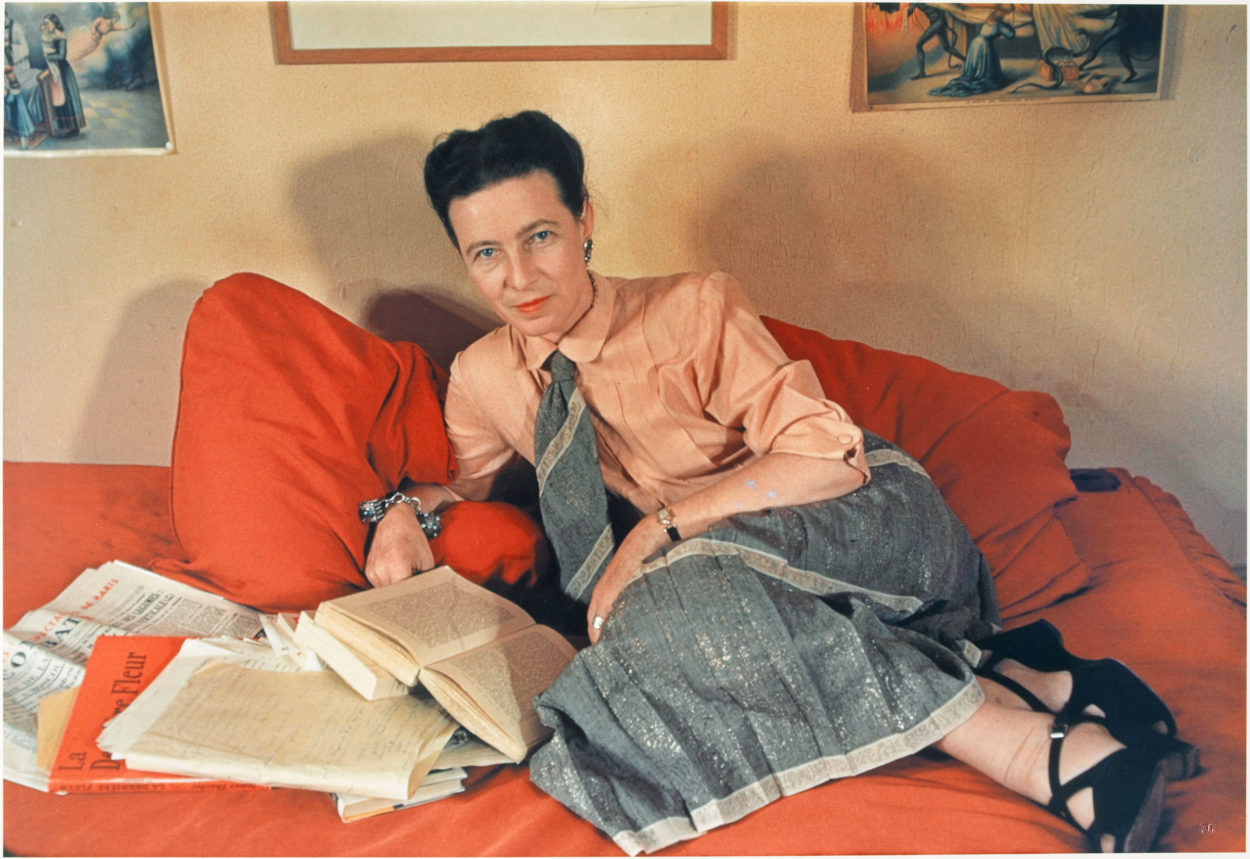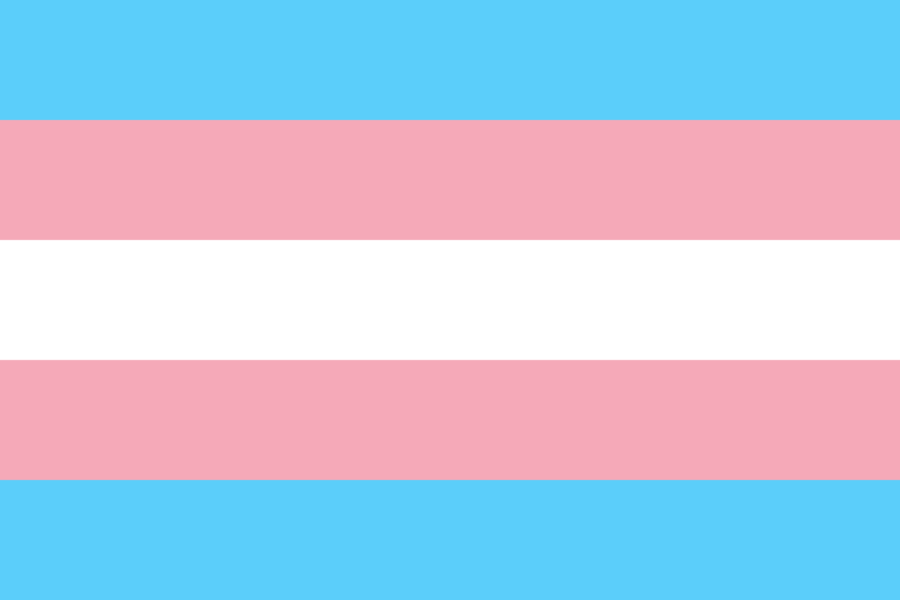71 years ago, Simone de Beauvoir concluded her foundational work The Second Sex by discussing the then status of ‘The Independent Woman’. Her existential feminist thought was crucial for the wave of feminism that followed and today her understandings of independence remain pertinent and needed…

Why the ideas in de Beauvoir’s ‘Independent Woman’ remain relevant today
Suffrage and the right to work were justices at the forefront of 19th and 20th century feminism. These rights were often held as the pinnacle of equality, and thereby independence, however early in the chapter de Beauvoir questions this. She proclaimed that ‘work today is not freedom’ as (most) labour is exploitative and that only in a socialist world would women be assured of these rights and therefore have true independence.
This tension that is outlined between work and independence rings true today. Fast fashion is an apt example of this, an industry that fundamentally requires exploitative work, disproportionally affecting women in the global south, to operate the ‘race to the bottom’ labour philosophy. This was brought to the forefront of the UK media cycle during the Covid-19 lockdown as Boohoo employees in Leicester were revealed to be working for low-wages in unsafe environments. Such unethical working practices are nothing new to fast fashion, the majority of production taking place in the global south just allows media and thereby consumer blindness to it. Due to the economic structures that facilitate and require such work, the feminist independence that labour has the potential to bring is still problematic as de Beauvoir anticipated.
The very nature of work equating to liberation and thereby independence is an interesting notion. Covid-19 has acted as an opportunity in many ways to think about how we work. For instance, David Graeber, who sadly passed earlier this month, popularised the idea of ‘bullshit jobs’, arguing that a lot of the work we engage in today is meaningless to society and in a world where self-worth and work have become deeply linked this can be physically damaging. Though these ideas of Graeber are historically distinct from de Beauvoir’s ‘Independent Woman’ this false idea of any labour equating self-autonomy is ever present in her final chapter.
The chapter also recognises that work, that being domestic work, can also act as hindrance to independence. Often referred to as the ‘double burden’ – the women in France that de Beauvoir spoke of and many women today have in common the disproportionate burden of unpaid labour. Globally, in 2020, women perform 75% of Unpaid Care Work (UCW), this work often unrecognised is crucial to not just households but the whole economy. Bell Hooks’ writing is urgent on this topic discussing how feminist movements that have equated liberation to high-paying jobs are exclusionary and not relevant to masses of women.
de Beauvoir continues in the chapter to come to a hypothetical that is a reality for some women today: that economic emancipation and autonomy has been won. She declares that even if such is true the moral, social, or psychological independence is far from equal. This struggle, she argues, is largely due to the absurdity of misogyny and the complexities of the notion of femininity.
Misogynists have often reproached intellectual women for ‘letting themselves go’; but they also preach to them: if you want to be our equals, stop wearing makeup and polishing your nails. This advice is absurd.
Earlier on in the work, de Beauvoir makes a famous comparison between Hegel’s master-slave narrative to the biological one between man and woman. The comparison excellently depicts how dependency and need does not foster independence for both parties. However, critiquing this comparison from an intersectional feminist lens, academics have highlighted that de Beauvoir compares the dynamics as similar but distinct and perhaps fails to recognise their inter-connectedness. A woman of colour is obstructed from her independence due to the web of both the power dynamics that are outlined. This intersectional thought is truly pivotal in building upon key writers such as de Beauvoir to forge the idea of ‘the independent woman’ into actuality.
Trisha Mendiratta
image via Time Magazine






Leave a Comment